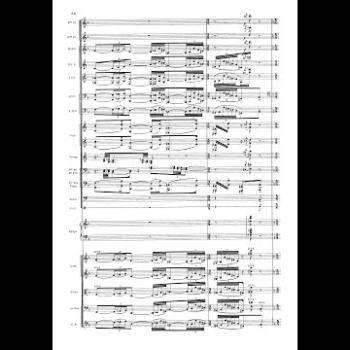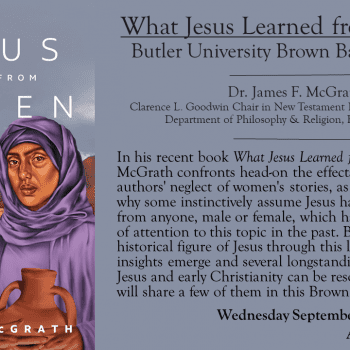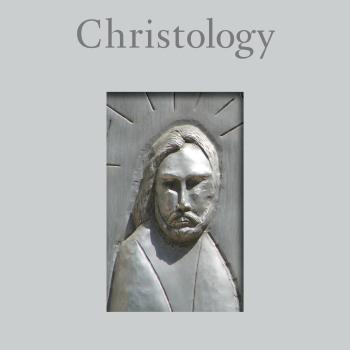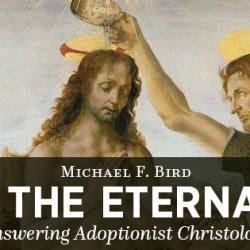Lots more reviews and discussions have appeared of Bart Ehrman’s latest book.
Bart Ehrman shared a brief response to How God Became Jesus. See too Mike Bird’s brief response to the response to his response…
Nijay Gupta shared the second and third and fourth parts of his review, and began reviewing the response book, posting on the chapters by Bird and Evans. In part four, Nijay writes:
If the earliest Christians said anything, they said “Jesus is Lord” (1 Cor 12:3; Phil 2:11). Also, they said, Maranatha – “Our Lord, come!” Obviously, for the Aramaic phrase, they were talking about Jesus (1 Cor 16:22), and given that kyrios was the common title for Yahweh in the LXX, it would seem that right away the earliest Christians tethered Jesus to the identity of the one God (hence 1 Cor 8:6). Were this resurrection-exaltation Christology, there is just no way it could be called monotheism – Jesus and Yahweh would either be one God with two names or they would be in competition for the same title. Would God exalt a human after death and give him God’s own title kyrios? I don’t think Ehrman’s exaltation schema works when we work with the kyrios Christology.
I do not believe that argument works. “Lord” had a range of meanings from “sir” to “our divine Lord, the only true God.” To suggest that somehow the New Testament usage of “lord” in reference to Jesus would in and of itself have infringed on monotheism, rather than making Jesus a lord like the Davidic king, seems to be assuming what needs to be proved. The evidence is abundantly clear that “lord” was never a title felt to be ascribable only to one God and no other.
Mike Bird found Daniel Kirk’s review strange. Daniel posted the next part in his review series. See also Bird’s article for the Christian Post.
Dale Tuggy shared a podcast interview with Craig Evans, and also offered a podcast about Ehrman’s treatment of the empty tomb traditions.
Chris Tilling shared a video
Dustin Smith is continuing his multi-post review.
Michael Kruger, unable to offer substantive criticism within the framework of accepted scholarly methods of historical study, decided to blame what he views as problems on Ehrman’s underlying worldview. He then followed up by merely quoting Bauckham, as though that were an adequate response. See some of my posts here on this blog on Bauckham’s work for further discussion of this topic.
See too Allan Bevere’s post which rightly challenges the mistaken idea that the doctrine of the Trinity was developed and imposed by Constantine. On the one hand, the term goes back to Tertullian, building on ideas that were around even earlier. On the other hand, it is a mistake to assume that all the threefold formulas one encounters from the New Testament onward are “trinitarian” in the sense that they represent the thinking articulated in later creeds. And on a third hand, Constantine himself was baptized by a bishop who reflected the view of those who dissented from the Nicene formula.
And of related interest, there is an interesting post on Ehrman’s view of the illiteracy of Jesus’ disciples.
















